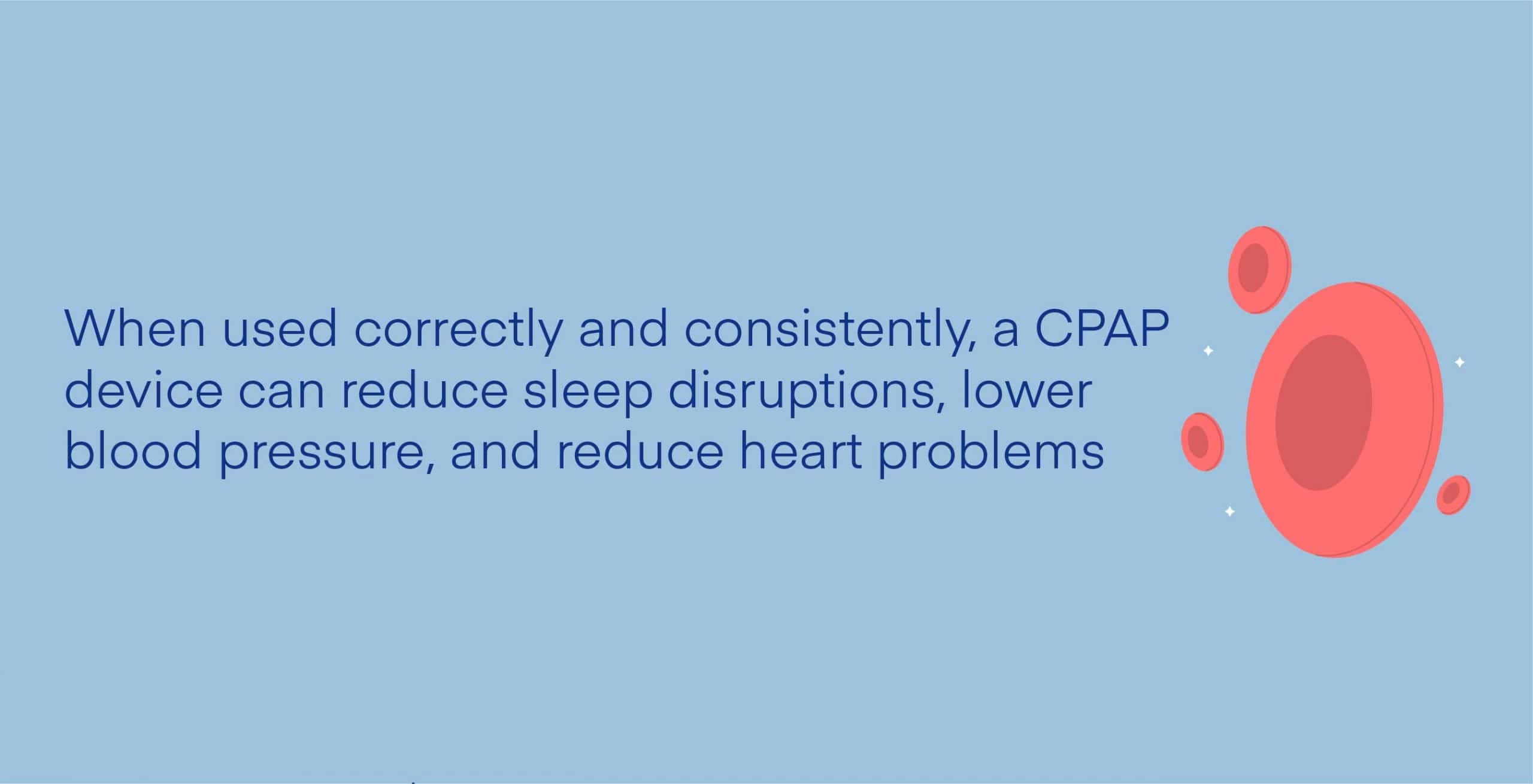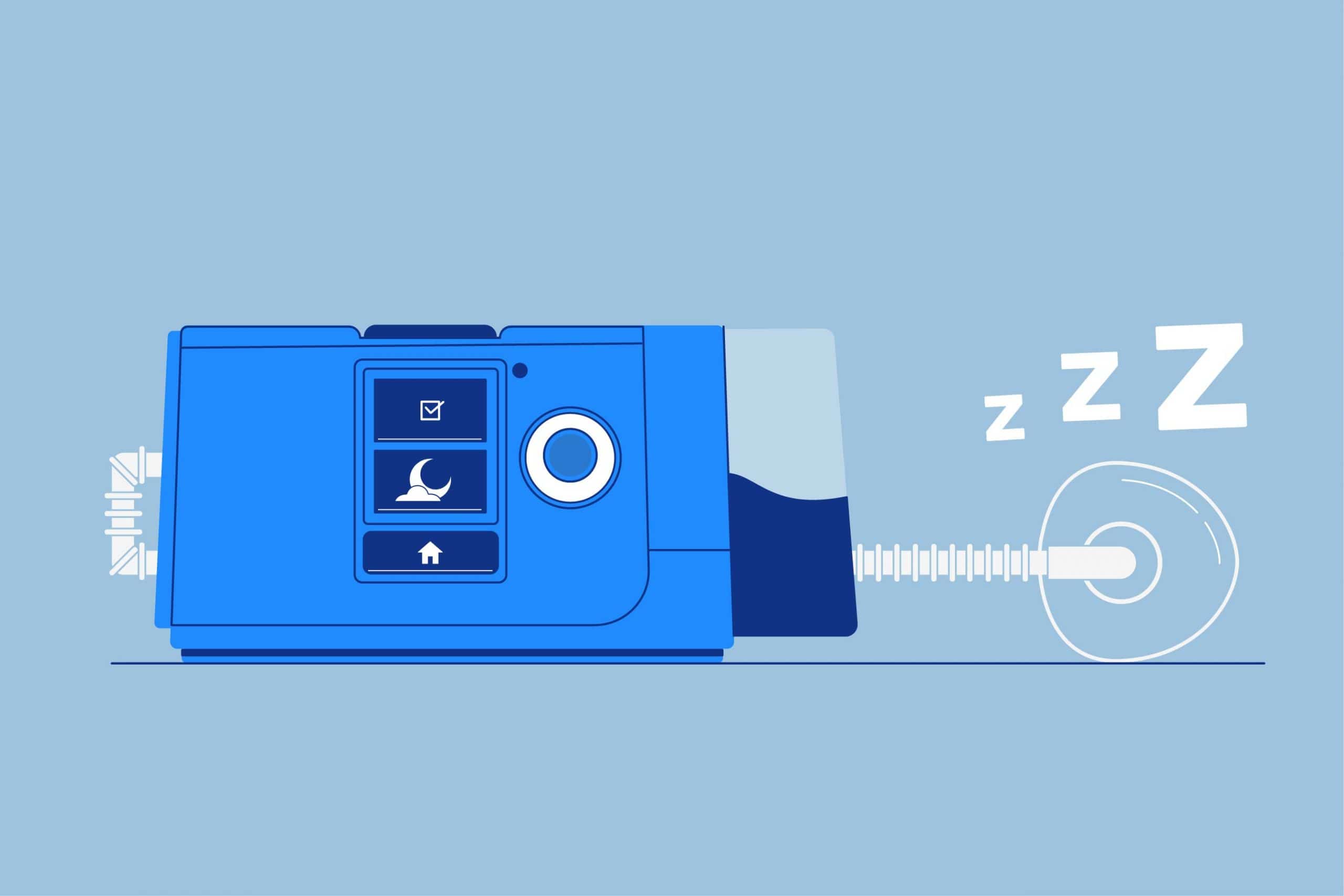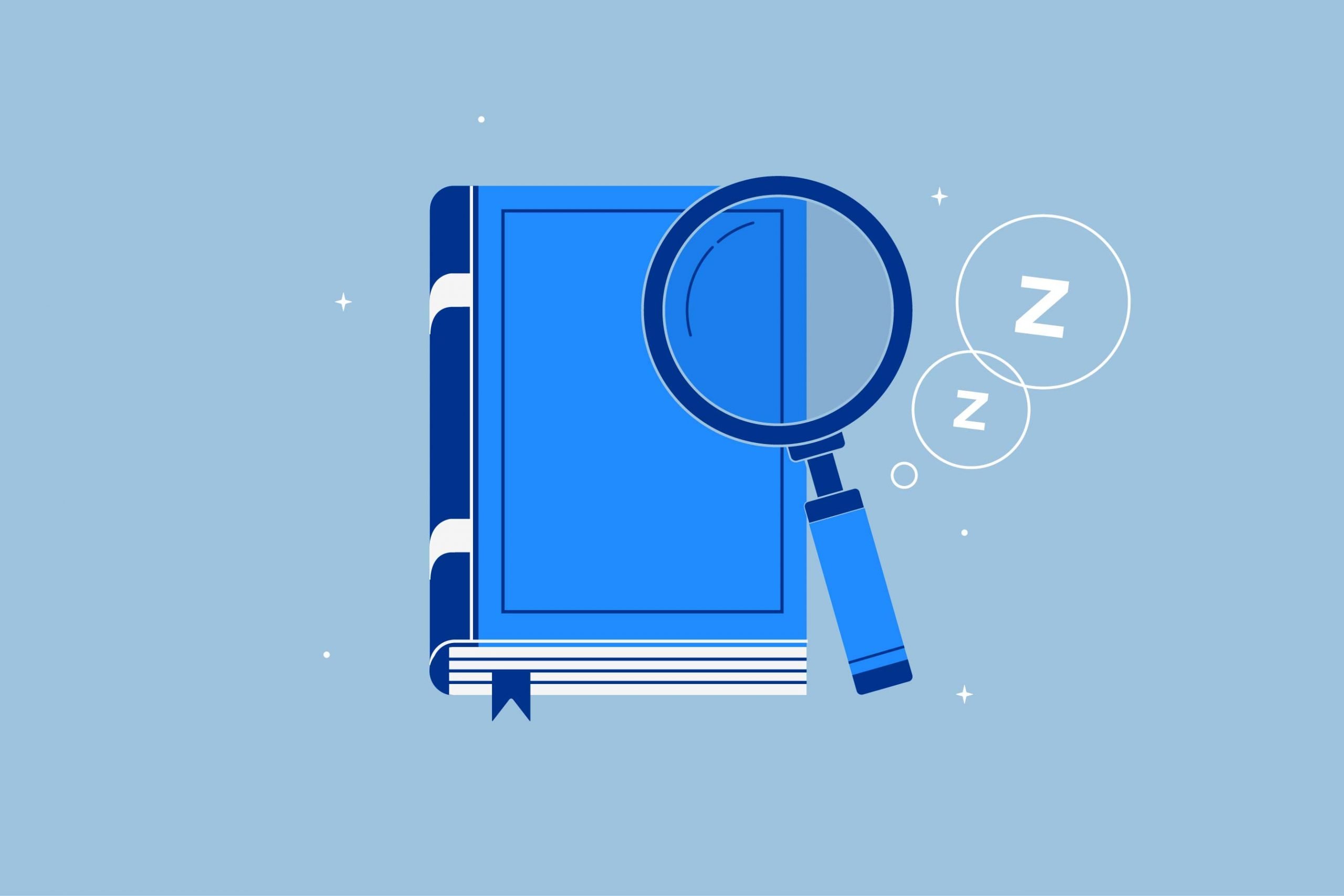Key Takeaways
- Understanding Sleep Apnea Types: Sleep apnea comes in three main types – Obstructive Sleep Apnea (OSA), Central Sleep Apnea (CSA), and Complex Sleep Apnea Syndrome. OSA involves the relaxation of throat muscles causing airway collapse, CSA results from a lack of signals to breathing muscles from the brain, and complex sleep apnea is a combination of both.
- CPAP Machine Mechanics: A Continuous Positive Airway Pressure (CPAP) machine is a common solution for all types of sleep apnea. It delivers a steady stream of air to prevent airway collapse during sleep, promoting easier breathing and restful sleep. Different CPAP variants, such as NCPAP and BiPAP, offer alternatives with specific features.
- Lifestyle Changes and Surgery: Lifestyle modifications like weight loss and adjusting sleep positions can be effective in managing sleep apnea. However, if these measures don’t work, surgical options like UPPP, GA, and MMA may be considered, especially after consulting with a sleep specialist or doctor. Surgery is typically a last resort when other treatments prove ineffective.
If you’ve been diagnosed with sleep apnea, your doctor may suggest using a CPAP machine during the night. Throughout this article, we explain what a CPAP machine is and how it works.
What Is Sleep Apnea?
Sleep apnea (SA) interferes with your sleep. To better understand how a CPAP machine can prevent sleep disruptions, we describe the three different types of sleep apnea Verified Source Mayo Clinic Ranked #1 hospital by U.S. News & World Report and one of the most trusted medical institutions in the world. The staff is committed to integrated patient care, education, and research. View source below.
- Obstructive sleep apnea (OSA): Obstructive sleep apnea occurs when the muscles supporting the soft palate in the back of the throat relax. This response causes the airways to collapse and narrow. As the airways close, breathing becomes difficult, and oxygen levels in the blood decrease. The brain recognizes a lack of oxygen and wakes the sleeper up to breathe. Those with OSA typically wake 5 to 30 times every hour with a gasp, snort, or cough.
- Central sleep apnea (CSA): Central sleep apnea occurs when the brain doesn’t send signals to the muscles that control breathing. When this communication becomes impaired, sleepers may stop breathing during sleep, causing them to wake up gasping for air.
- Complex sleep apnea syndrome: Those with complex sleep apnea experience both obstructive sleep apnea and central sleep apnea.
What Is a CPAP Machine and How Does it Work?
A CPAP (continuous positive airway pressure) machine provides relief from all three types of sleep apnea. This machine supplies a steady stream of air to the throat to keep the airways from collapsing as sleepers inhale. The continuous airflow makes breathing easier, so those with sleep apnea can find restful sleep.
A standard CPAP machine has a hose and an attached facemask, which is secured with a chin strap. A small water tank and filter work to power the device—similar to a humidifier. A CPAP machine produces air pressure that is strong enough to keep the airways open, but gentle enough not to interfere with sleep.
An NCPAP (nasal continuous positive airway pressure) machine is similar to a standard CPAP machine; however, it covers just the nose. Instead of a full face mask, the hose is attached to prongs that fit inside the nostrils—this is often called a nasal mask. Air pressure is then supplied through the mask to the nose to keep sleepers breathing comfortably throughout the night.
A BiPAP (bilevel positive airway pressure) machine works in much the same way as a CPAP and NCPAP machine, but a BiPAP machine automatically adjusts the air pressure as you sleep. A BiPAP machine increases pressure as sleepers inhale since inhalation is difficult for sleep apnea patients. However, it decreases air pressure during exhalation to keep the nose and throat from drying out.
Other Sleep Apnea Treatments
Lifestyle changes, such as losing weight and adjusting sleep positions, can play a crucial role in managing sleep apnea. Excess weight can contribute to airway obstruction, so shedding pounds may alleviate symptoms.
Additionally, changing sleep positions, like sleeping on one’s side instead of the back, can help prevent airway blockage and improve breathing during sleep. These simple yet effective modifications can complement other treatments and contribute to better overall sleep quality for individuals dealing with sleep apnea.
If these don’t work, surgery for sleep apnea might be considered. There are different types, like UPPP, GA, and MMA, aiming to fix throat or jaw issues. Surgery is usually a last resort when other treatments don’t help. It’s best to talk to a sleep specialist or doctor to figure out the right choice based on each person’s situation.

Frequently Asked Questions
Which type of CPAP machine is right for you?
If your health care provider prescribes a CPAP machine, they will work with you to determine the best type of CPAP device. You may also have CPAP therapy to fine-tune the size of your CPAP mask, the pressure settings, and the best way to sleep while wearing the mask. In some cases, your doctor may recommend working with a sleep specialist or participating in an overnight sleep study to discover exactly what type of CPAP machine you need.
Does a CPAP give you oxygen?
A CPAP machine cannot increase the percentage of oxygen in the air. The air in the room contains the same amount of oxygen and other elements we usually breathe. However, a CPAP machine can improve the blood’s low oxygen levels by preventing breathing disruptions.
What are two benefits of a CPAP device?
When used correctly and consistently, a CPAP device can reduce sleep disruptions, lower blood pressure, and reduce heart problems. This improves memory, mood, immune function, and muscle recovery.
When should a CPAP be used?
If you have sleep apnea and have been prescribed a CPAP machine by your doctor, you should use it every night. It is also a good idea to use the device when you are napping. Even if you are resting for 10 to 20 minutes, you may still experience disruptive apneas in this short time. A CPAP machine can prevent this and help you sleep peacefully.
What are the side effects of using a CPAP machine?
Using a CPAP machine can lead to a dry mouth, nose, and throat. In some cases, sleepers may also develop nasal congestion and skin and eye irritation. It can also be challenging to get comfortable with the mask on. However, untreated sleep apnea can lead to severe complications, including high blood pressure, stroke, heart disease, depression, and daytime drowsiness.
Conclusion
Dr. Nayantara Santhi says, “Sleep apnea is a prevalent and often undiagnosed condition. Because it causes sleep disturbances, sleep apnea leads to significant impairment in memory, mood and cognitive functioning. Treating it can go a long way in restoring good sleep and thereby health and well-being.”
If you suspect you have sleep apnea, talk to your doctor about treatment options. Ignoring this sleep disorder may lead to more nighttime disruptions and other medical complications. With your doctor’s help, you can discover which CPAP machine is right for you and start getting a good night’s sleep immediately.
About the author
Stacy Liman is a journalism graduate student and a freelance writer with a focus on mindfulness and content marketing. Her passion for understanding and writing about the science of sleep enables her to provide valuable insights into achieving healthier and deeper rest. Stacy's commitment to helping people improve their sleep drives her exploration of new mattresses and sleep-promoting gadgets.
View all posts





